The Sacred Books of the Hindus (In 30 Volumes)
Synopsis
The Prasna is one of the three classical Atharvan Upanisads. He classical Upanisads are generally counted as ten and sometimes twelve. They are:- Isa or isavasya or Vajasaneya Samhita Upanisad; Kena or Talavakara Upanisad; Katha Upanishad; Prasna Upanishad; Mundaka Upanishad; Manduka Upanishad; Taittiriya Upanishad; Aittareya Upanishad; Chhandogya Upanishad; Brihad Aranyaka or VajasaneyaBrahmana Upanishad; Svetasvatara Upanishad; Kausitaki Upanishad. The Prasna, Mundaka and Mandukya Upanisads belong to the Atharva Veda. One uniform idea runs through them and they have a family resemblance. All of them lay great stress on the mystic sound AUM or Pranava. In fact, the whole of the Manuka Upanishad is an exposition of that syllable: While each of the other two have portions devoted to this. The Prana plays a very important part in the Hindu systems of Philosophy and religion-but it occupies perhaps nowhere so pre-eminently high a position as in the system of Sri Madhva. With him this Prana is the Great Mediator, the Intercessor, the First Begotten, the Anointed, the Light that shines in the darkness, the Abode of God, the saviour. Next o God, Prana occupies the highest, the place of honor. At the time of the final release, it is He who leads the liberated soul to the presence of the Most High. He is the Great Geometrician of the universe; as the Rayi may be called the Great Geometrician of the universe as the Rayi may be called the Great Architect of the universe. These three-Isvara, Prana and rayi –the Lord, the Breath, the Wealth –are the Eternal Trinity. The great hymn to Prana in Prasna Chapter, fully bears out the high estimation put on this principle by Sri Madhva. This Upanishad is in a way fuller exposition of some of the points dealt with in the Mundaka.
Read more
1800.00
1620
$
2000.00 $
Free delivery Wolrdwidе in 10-18 days
Ships in 1-2 days from New Delhi
Membership for 1 Year $35.00
Get it now and save 10%
Get it now and save 10%
BECOME A MEMBER
Books by the same author

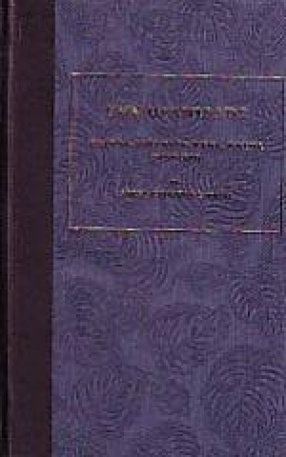
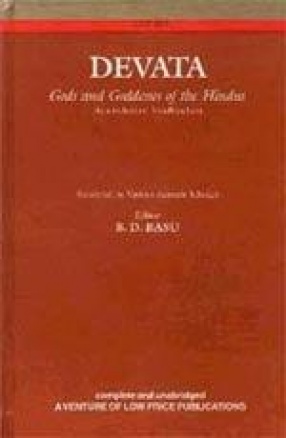

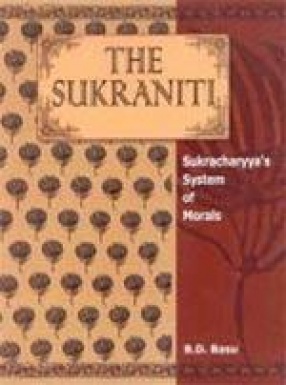
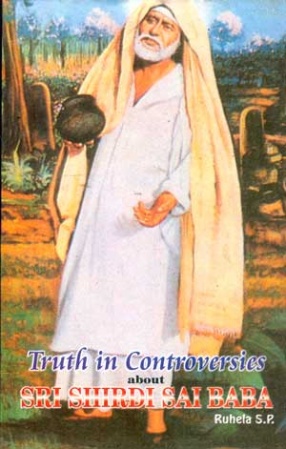


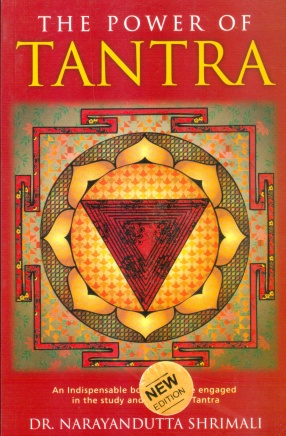

Bibliographic information